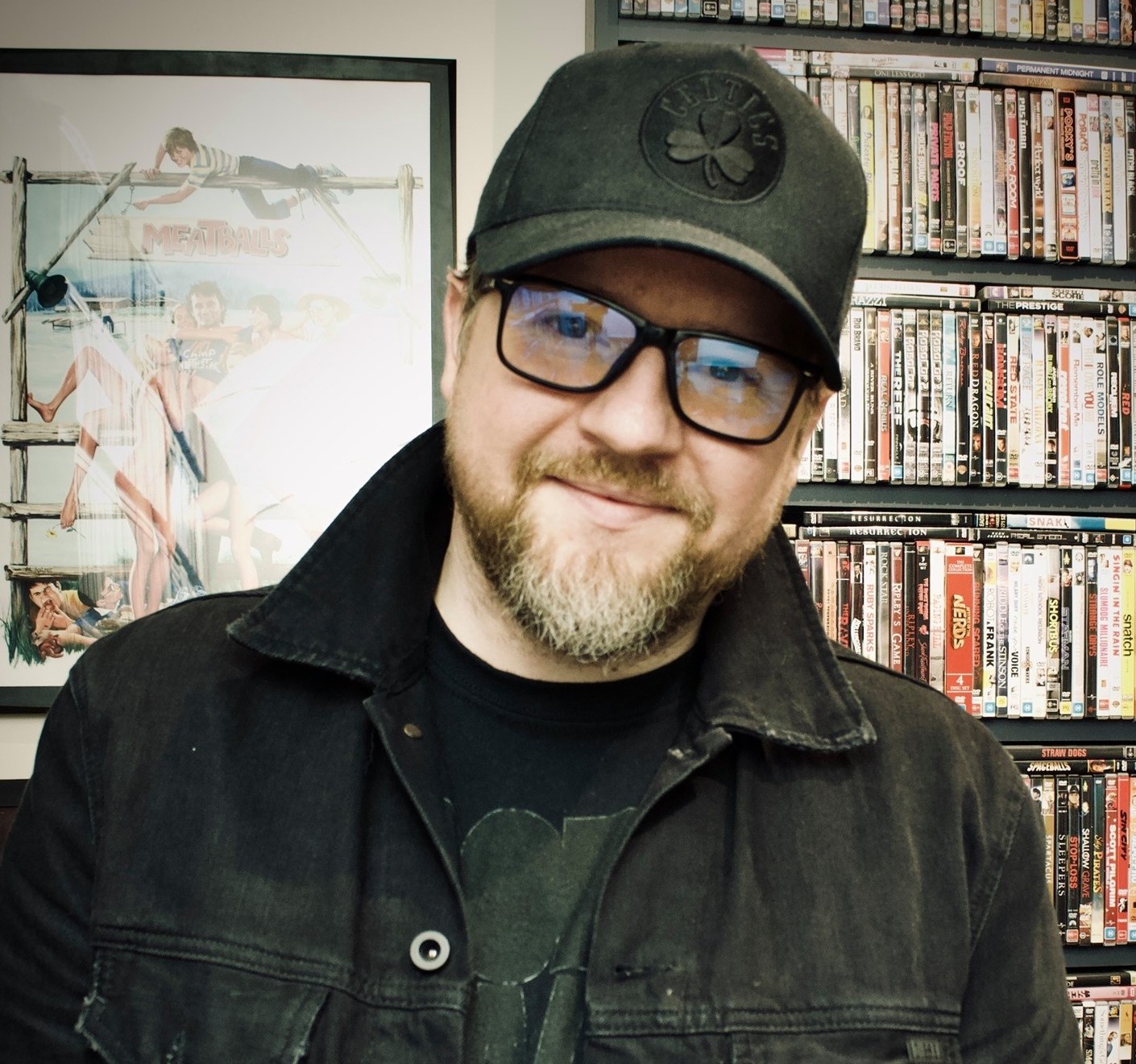You may recall in 2017 Canadian prime minster Justin Trudeau tearfully lamenting the death of a rock singer in front of an equally saddened scrum of media. The singer was Gord Downie, and he was considered a national treasure by many.
Downie was the front man of the influential band The Tragically Hip, as well as being a political activist, environmentalist and philanthropist. He passed away from an aggressive brain tumour and before he took his final mortal bow, he solidified his legacy with three incredible fetes. The first was a farewell tour of Canada, which was documented in the film Long Time Running (on Netflix), whereby he faced his audience, connected with every last person in each stadium, and said goodbye. It is one of the most emotionally charged concert experiences you will ever encounter. The second fete was The Secret Path, a musical project encompassing a full-length album, graphic novel and film, which tell an unforgettable story. And the third was a final solo album released posthumously (each song being dedicated to important people in his life).
The Secret Path, however, is arguably the magnum opus to his curtain call. The movie itself is an animated concept film, which serves as an extension of the ongoing national conversation about Canada’s stolen generation. Much the same as Australia’s stolen generation, the ugly history of government intervention in Canada bares an uncanny resemblance to our own, and from it are hundreds of awful stories about children being removed from families and placed in government institutions before being fostered to white families.

One of the most powerful accounts to come from this dark moment in history is the story of Chanie Wenjack, a 12-year-old boy of the Ojibwe first nation people. He was removed from his home and spent 3-years in a government boarding school 600 kilometres away. In the midst of a sub-zero Canadian winter, Chanie ran away from the school with only a light jacket to protect him and seven matches in his pocket. He had a map and followed the transcontinental railway in an attempt to find his way home. He succumbed to the elements, dying on the side of the tracks, alone and exposed.
Chanie’s story is a gut-wrenching tale, which Downie wanted to tell as his swansong. And so he met with Chanie’s family, visited his grave and was given permission to create what would have to be one of the most beautifully conceived, powerful, provocative and earnest musical endeavours I have ever experienced. Secret Path is no less than a masterpiece.
The film is broken into chapters, each representing tracks from the album. Downie tells Chanie’s story chronologically and sings with his heart on his sleeve. With a wavering voice, he narratives the final days of Chanie’s life. It is, to say the least, a very difficult recollection to endure… and yet it is entirely rewarding. From the moment he runs away, full of hope, until his tragic final moments, The Secret Path is his tribute.
Downie served as director of the film, with animation provided by Jeff Lemire (whose work spans both Marvel and DC projects, as well as various other properties). Lemire’s pale and washed-out colour palate saturates the screen with a cold and barren aesthetic, adding to the themes of isolation in Chanie’s story. Downie’s lyrics describe the desperation and loneliness of his final days, from memories of playgrounds and swing-sets, to gut-wrenching accounts of molestation and abuse.

Heart-warming visions of his family from the past are married on the screen with visions of the hopes Chanie had of being reunited… all of course leading to that horrible heartbreaking moment.
BUT! The Secret Path is not all depressing. It is also uplifting and inspirational. It is a testament and memorial to a little boy whose story represents something much bigger. His life has become a beacon for those seeking the truth, and throughout all of the inquests and legislations that have been executed in his name, The Secret Path ultimately speaks for the hundreds of other children who were forgotten. Downie’s selfless commitment to this little boy and the cause he represents is perhaps as divine as the message he sings.
This is the work of a dying man. It is his gift to the nation he loved so dearly and yet hated in equal measure. It is his grief and love for his country’s first people, and it is his outpouring of emotion from a diagnosis he was unable to escape from. It is, for lack of better words, perfect.
And here’s the kicker. The album itself won a string of awards, putting it amongst the highest selling Canadian records of that year. And speaking volumes to Downie’s character, all proceeds from the album and its graphic novel were donated directly to a project for Truth & Reconciliation. As for the film… well, it’s available to view in full, for free, below. It also comes with a 60-minute panel discussion (kicking off at 59:45) about the film and its story. Do yourself a favour and check it out… and don’t forget the tissues!
Vale, Gord Downie (1964-2017).










